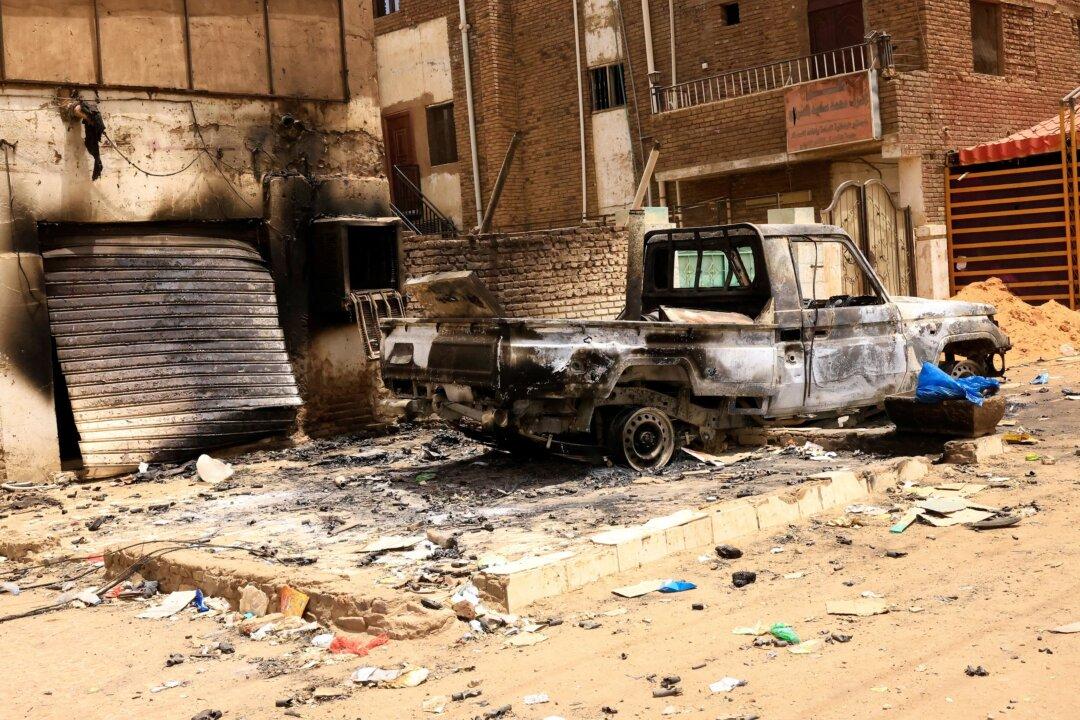President Joe Biden signed an executive order on May 4 that opened the door to new Sudan-related sanctions amid the ongoing power struggle between rival military generals in the African nation.
The order authorizes future sanctions against individuals who threaten the “peace, security, or stability” of Sudan, impede the country’s democratic transition, or commit acts of violence against civilians or other human rights abuses.





